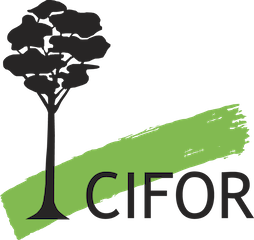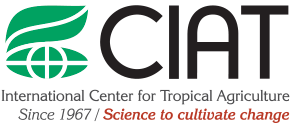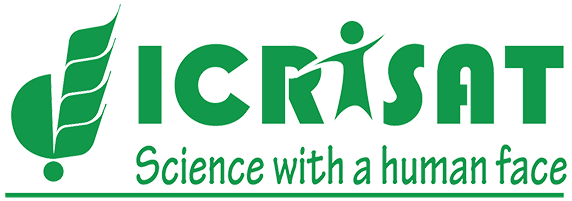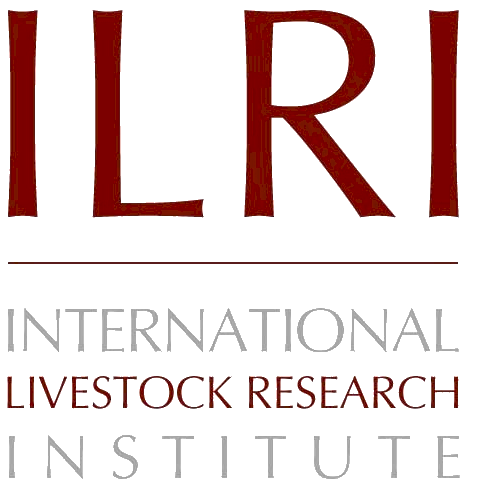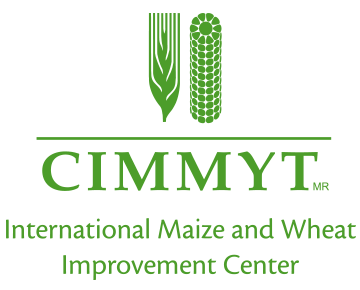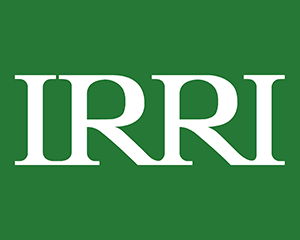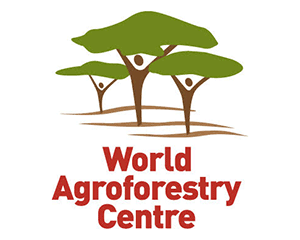
A number of governance mechanisms address socio-environmental challenges associated with commodity agriculture in tropical forested countries. Governance mechanisms that prove effective in one agricultural sector are often applied to other sectors as well. For example, voluntary certification programs have been adopted by producers of commodities as diverse as beef, coffee, palm oil, and soy. However, there are substantial differences in the extent to which governance mechanisms scale up and achieve impact in different sectors. This paper analyzes how the potential for scaling up a particular governance mechanism is influenced by environmental, market, and social geographies that differ between sectors. Through stakeholder interviews, farm-level surveys, and a literature review, we examine two types of voluntary governance mechanisms (third-party certification, and sustainable intensification programs) in the coffee and cattle sectors in Brazil, to understand why the two governance mechanisms have scaled differently between these two sectors. We find that third-party certification programs have scaled up relatively well in Brazil’s coffee sector, more so than its cattle sector, in part owing to differences in sustainability priorities, market orientations, supply chain traceability, and social networks between the two sectors. We also find that pilot sustainable intensification programs in the cattle sector have had more success than certification in engaging farmers, in part because they involve less investment from participating farmers. We conclude that the distribution and quality of environmental resources, markets, knowledge, actors, and networks can play an important role in the ability of a governance mechanism to effectively take root.

